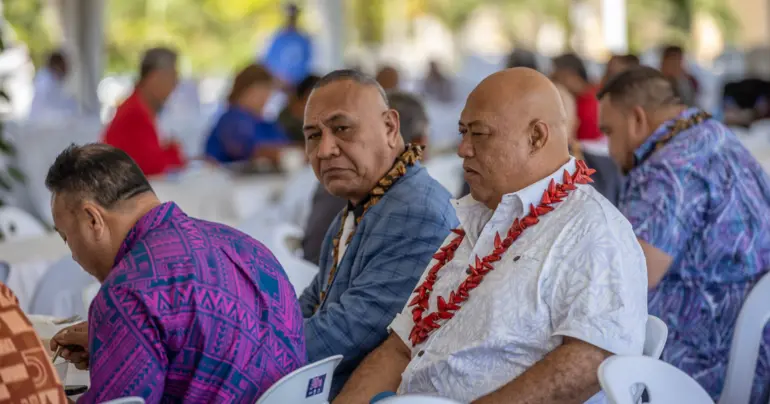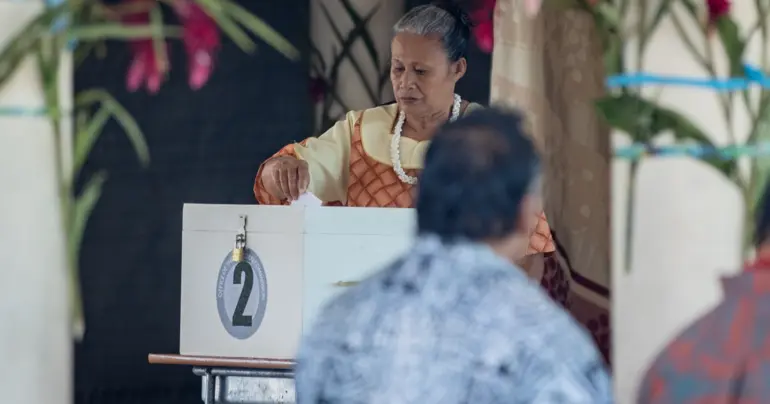The right to information will keep the government honest
It was music to the ears of many when Prime Minister Fiame Naomi Mataafa revealed that work was being done so the nation could soon have a Freedom of Information Act.
This alone will force unscrupulous bureaucrats, members of parliament, all government staff including the police, and all government entities to reveal information that they think should not be indulged to the public, especially the media.
In countries that have the Freedom of Information Act, any member of the public can seek virtually any information with a formal request. These requests are fulfilled within a day of lodging the request. Imagine what this could mean for the public.
There will be no red tape regarding information. No member of parliament would be able to shun away from critical questions by saying the public is not privy to this information. It would be a step in the right direction to bring true transparency and accountability.
The two important aspects of governance seem missing from a lot of things.
Access to information helps the public make public authorities accountable for their actions and allows public debate to be better informed and more productive. Access to official information can also improve public confidence and trust if government and public sector bodies are seen as being open.
Openness is fundamental to the political health of a modern state.
Public authorities spend money collected from taxpayers and make decisions that can significantly affect many people’s lives. Unnecessary secrecy in government leads to arrogance in governance and defective decision-making.
The main principle behind freedom of information legislation should be that people have a right to know about the activities of public authorities, unless there is a good reason for them not to. This is sometimes described as a presumption or assumption in favour of disclosure. This law is also sometimes described as purpose and applicant blind.
This means that everybody has a right to access official information. Disclosure of information should be the default – in other words, information should be kept private only when there is a good reason and it is permitted by the law.
An applicant or requester does not need to give a reason for wanting the information. On the contrary, the authorities must justify refusing them information.
The government must treat all requests for information equally, except under some circumstances relating to vexatious or troublesome or provoking requests and personal data.
The information someone can get under this law should not be affected by who they are. The government and its offices should treat all requesters equally, whether they are journalists, local residents, public authority employees, or foreign researchers.
There are no reasons governmental executive or legislative bodies at any level should meet in secret or hide documents from the public. We can grant limited exceptions for national security and privacy protections of individuals.
For far too long, shunning information from the public has been the modus operandi of the government past and present. Things have been kept from the public making them ill-informed and untrusting. The journalists of this nation have also been turned away when searching for answers. Doors have been closed because people in authority feel that they do not need to provide answers to the very people who voted them in.
This law will allow for transparency and accountability. It will make politicians and government officials responsible for their actions. Corruption will be cut down and those thinking of using their powers for their benefit will be wary that they no longer can keep sweeping things under the rug.
The practice of shielding a wrongdoer and using political powers to order subordinates to do the wrong things would be a thing no more.
The drafters of this law are requested to look at the best practicing Freedom of Information laws from around the world and craft one that suits Samoa and at the same time ensure that this is a practical law.
A law that will do what it is supposed to do. Until the law is drafted and ready to be presented in parliament, these are just words from a politician. We hope that this law comes into action sooner than later.











